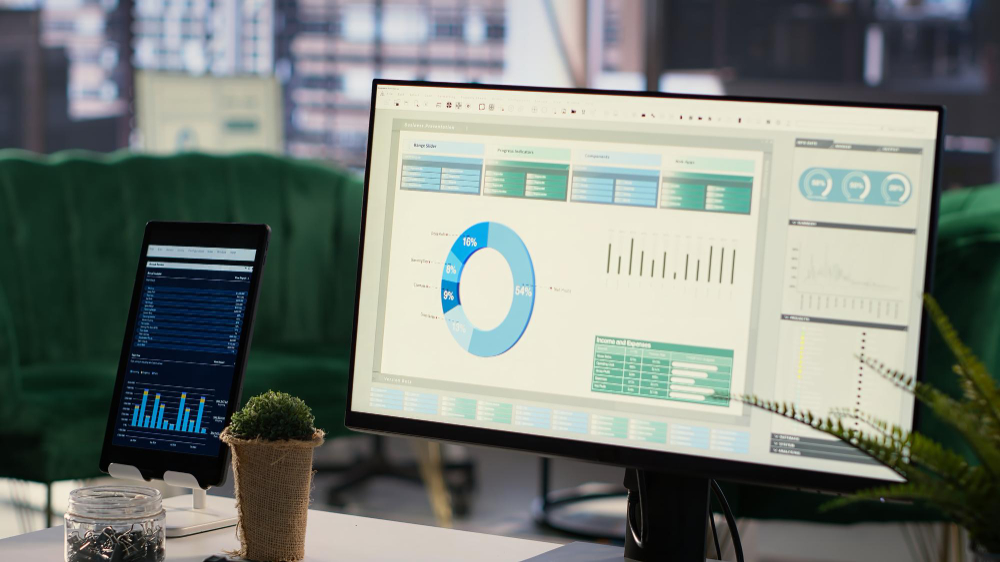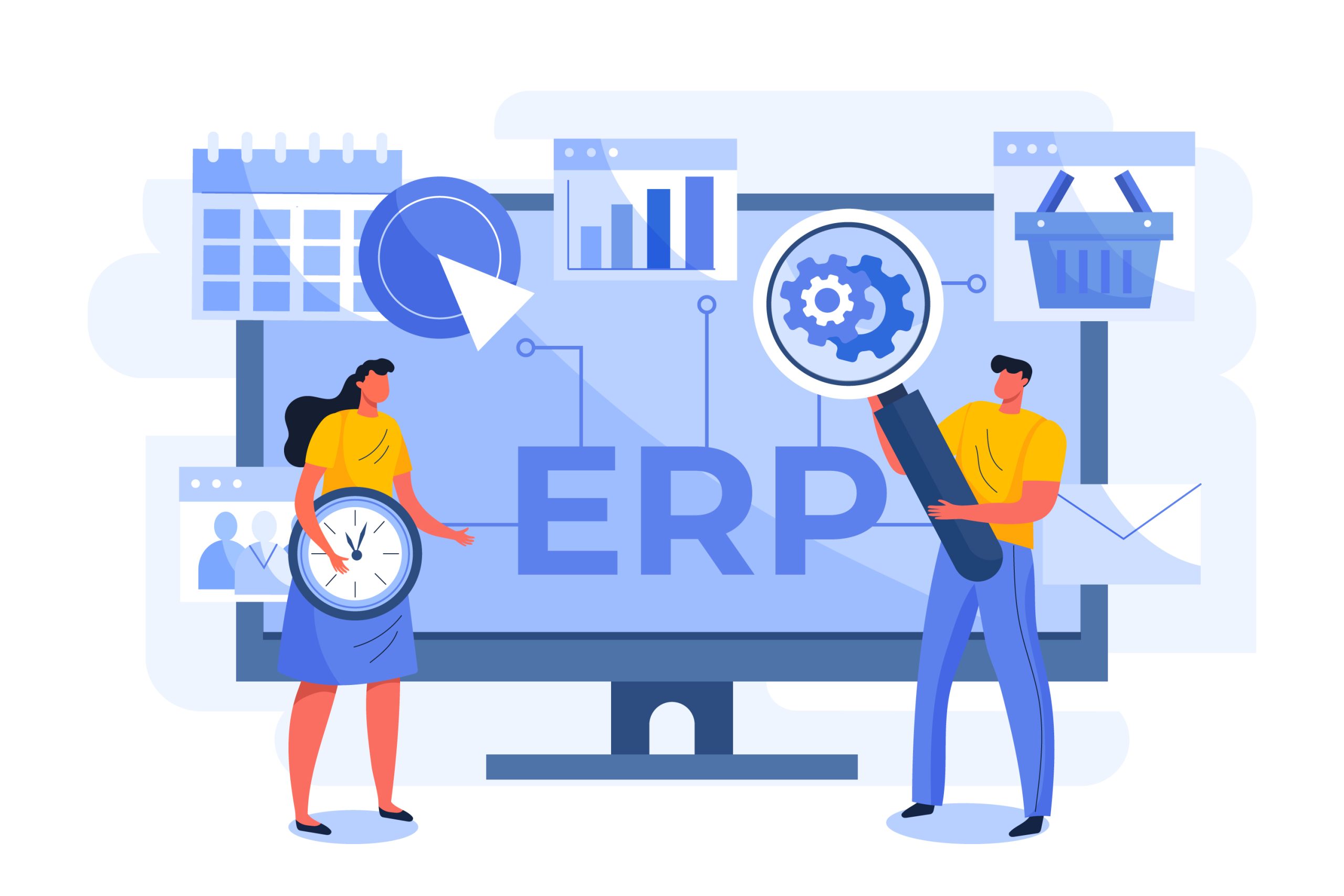In today’s business world, data management and analysis are critically important for businesses to gain a competitive advantage. Especially for large-scale enterprises, integrating, analyzing, and reporting data from different departments and systems enables effective management of decision-making processes. ERP (Enterprise Resource Planning) systems are designed to meet these needs.
Integration
Data Integration Between Different Systems
Large enterprises often store data in different systems and departments. For example, different departments such as finance, human resources, production, and sales typically use different software or systems. Ensuring data integration between these different systems allows data to be collected and managed in a single central database.
Data Integration from External Sources
Businesses also need to integrate data from external sources (suppliers, customers, business partners). This facilitates effective management of supply chain management, customer relationship management, and other business processes. ERP systems offer various integration tools for integrating data from external sources.
Analysis
Data Analysis
ERP systems enable businesses to analyze their data. This helps businesses assess their current situation, identify trends, and support future decisions. Data analysis enables businesses to monitor their performance and continuously improve.
Business Intelligence (BI) Tools
ERP systems are often integrated with business intelligence (BI) tools. These tools visualize and interpret business data, making it more accessible to decision-makers. Features such as graphs, tables, dashboards, and interactive reports enable businesses to analyze their data more effectively.

Reporting
Standard Reports
ERP systems typically provide standard reports. These reports provide information on financial status reports, inventory reports, sales reports, and other critical areas of the business. Standard reports help businesses monitor and manage their daily operations.
Customizable Reports
ERP systems often offer customizable reporting features. This allows businesses to create reports according to their specific needs. Customizable reports enable businesses to access specific data and support decision-making processes.
Real-time Reporting
ERP systems often offer real-time reporting features. This allows businesses to access real-time data and make quick decisions. Real-time reporting enables businesses to quickly adapt to changing market conditions and gain a competitive advantage.
Get to know the power of reporting with our article Business Intelligence and Reporting.
